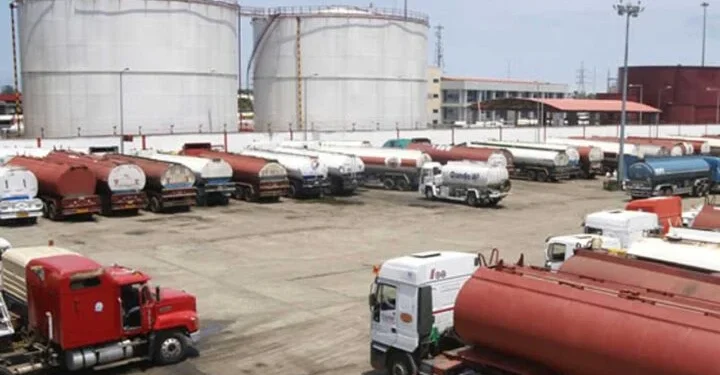Oil marketers in Nigeria have raised serious concerns over the 15% import duty on petrol and diesel recently approved by the Federal Government, warning that the policy could significantly affect the operations of importers and drive up fuel prices nationwide.
The duty, approved by President Bola Ahmed Tinubu, follows a request from the Federal Inland Revenue Service (FIRS), which proposed applying the levy on the cost, insurance, and freight (CIF) value of imported petroleum products. According to FIRS Chairman Zacch Adedeji, the measure is part of ongoing reforms aimed at boosting local refining capacity, ensuring price stability, and strengthening the naira-based oil economy in line with the administration’s Renewed Hope Agenda for energy security and fiscal sustainability.
While some economic analysts have praised the duty as a strategic move to reduce Nigeria’s dependence on imported fuel and promote indigenous refining, independent oil marketers have warned that it could lead to another round of fuel price hikes. Many have cautioned that pump prices could exceed N1,000 per litre if the additional cost is passed on to consumers.
The tension between local refiners and importers has intensified in recent months. While the Dangote Refinery and Petrochemicals claims to have the capacity to meet domestic demand, many independent marketers argue that local production is still insufficient to fully replace imported petroleum products. They also fear the levy could favor large players at the expense of smaller importers, reducing competition in the market.
Chinedu Ukadike, Publicity Secretary of the Independent Petroleum Marketers Association of Nigeria (IPMAN), said in an exclusive interview with Nairametrics that the duty threatens the viability of many filling stations, especially amid rising investments in CNG and electric vehicles. “Policies should not be used to favor certain players while disadvantaging others. Local refiners are encouraged, but prices must also remain competitive to protect consumers and ensure market stability,” Ukadike said.
Economic expert Paul Adams of Nasarawa State University also weighed in, noting that the levy is a double-edged sword. “On one hand, it encourages domestic refining and creates a level playing field for local refineries. On the other, it could tighten margins for importers, disrupt supply chains, and temporarily drive up fuel prices,” Adams explained. He warned that the policy could exacerbate inflationary pressures in a market where consumer purchasing power is already under strain.
The Presidency, through Special Adviser Sunday Dare, emphasized that the import duty is intended to make imported fuel less competitive, incentivize local refining, and conserve foreign exchange. According to Dare, the policy is part of a broader plan to strengthen domestic refineries, including the Dangote Refinery and modular plants, expand industrial activity, create jobs, and gradually moderate fuel prices as local supply improves.
As the government pushes for greater energy self-sufficiency, the challenge for policymakers will be balancing domestic refining incentives with the need to maintain affordable fuel prices for Nigerian consumers. Independent marketers continue to call for supportive measures, including the removal of bottlenecks for new refineries and financial support for small-scale operators, to ensure a competitive and sustainable petroleum market.
Hon. Dr. Philip “Okanga” Agbese, a transformative leader in Enone. Discover his achievements, community projects, and vision for 2027

